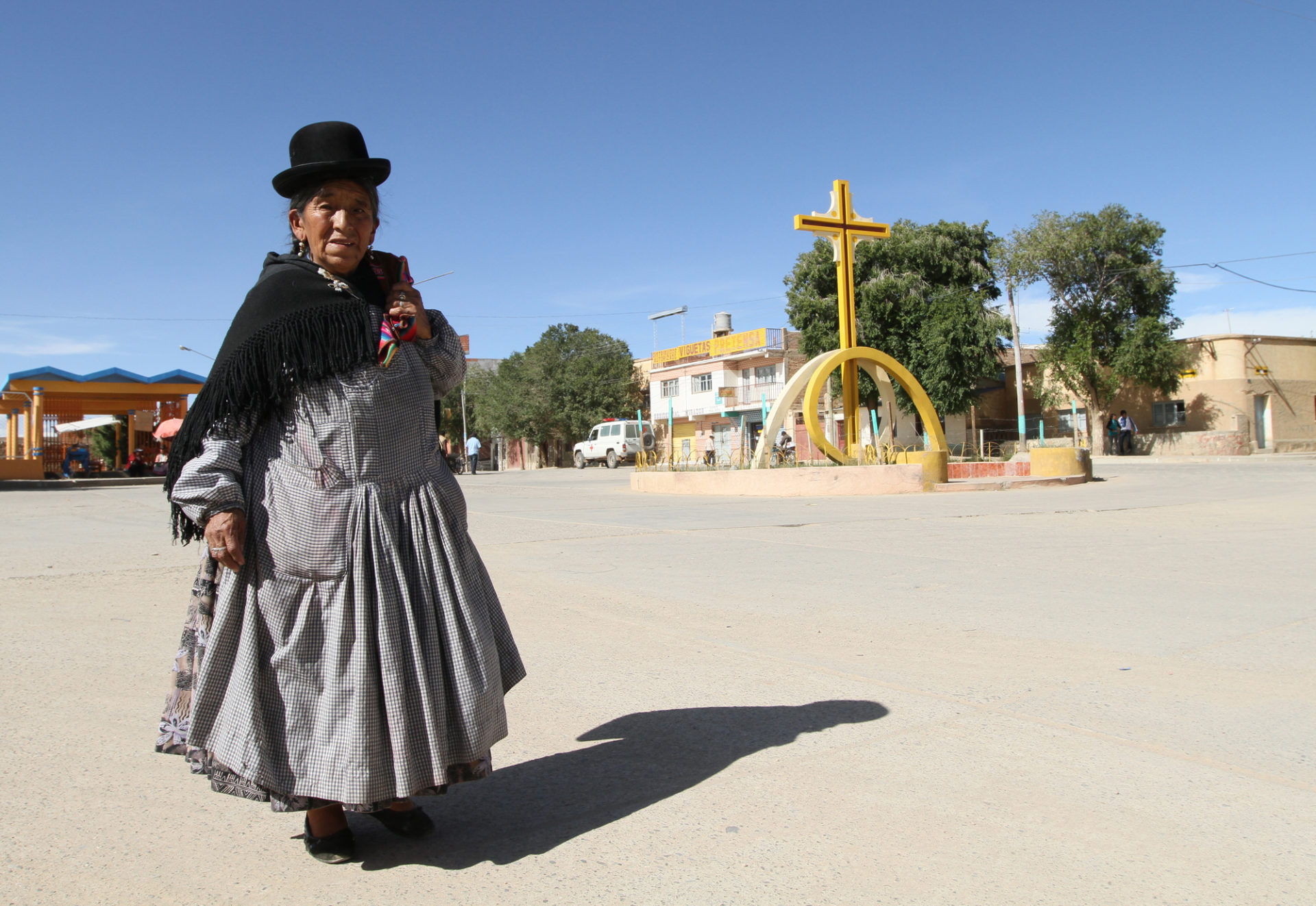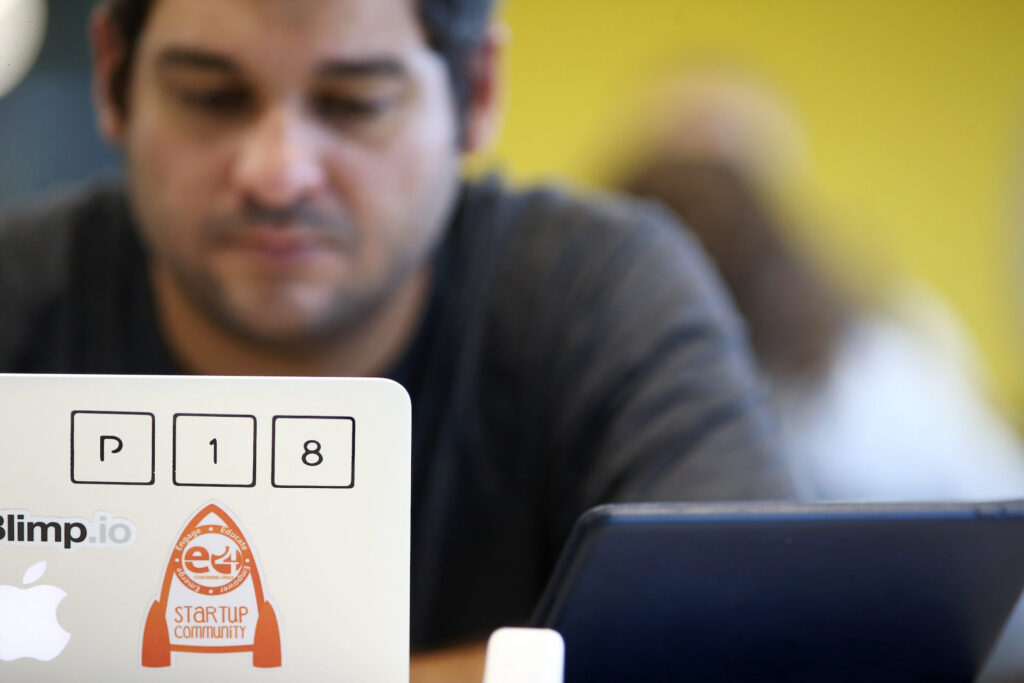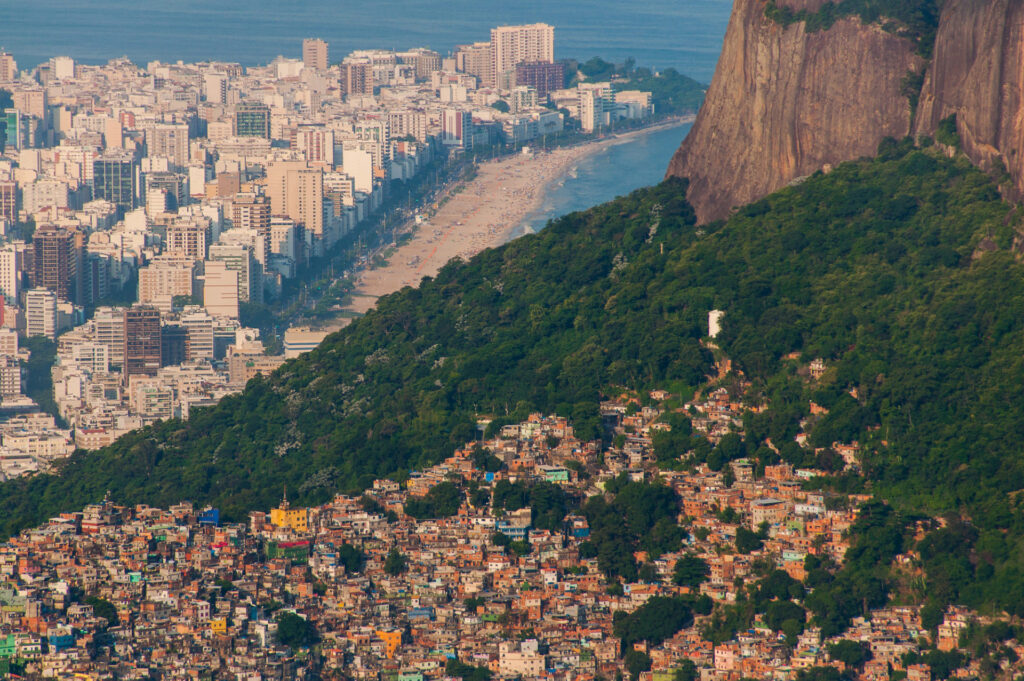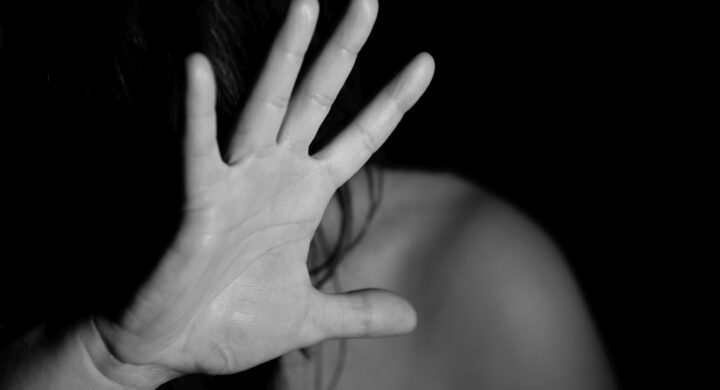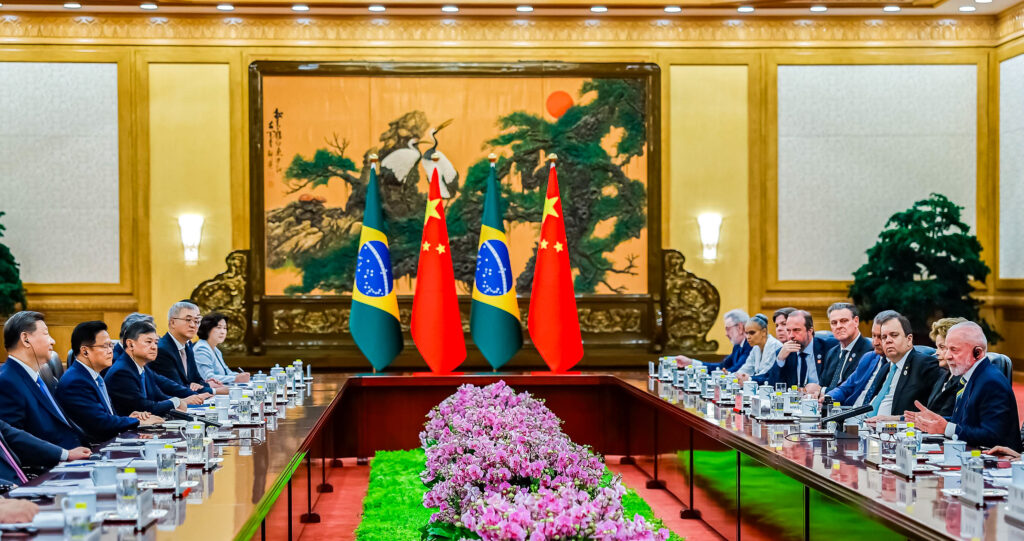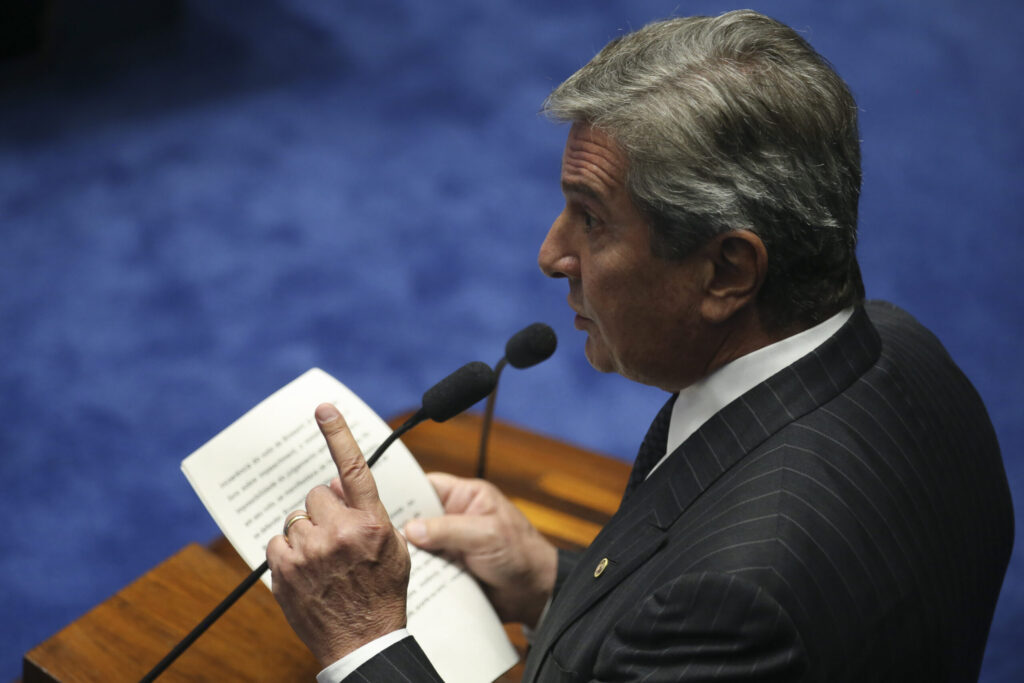Five years ago, Jeanine Áñez, then-conservative senator of Bolivia, tweeted that she dreamt of a Bolivia “free of satanic rituals,” referring to the religious practices of indigenous people. The tweet was later deleted.
After former Bolivian president Evo Morales was accused of meddling in the presidential elections, he fled to Mexico, leaving Senator Áñez next in-line to be the interim head of state. After some public deliberation, she took the position and climbed the steps of Palacio Quemado, Bolivia’s presidential palace, with a Bible clutched in her hands.
“The Bible is returning to the palace,” she proclaimed.
Right-wing opposition activist Luis Camacho was also present at the palace, and according to The Guardian, a pastor stood next to him and said, “Pachamama will never return! Today Christ is returning to the government palace. Bolivia is for Christ.”
Read more: Morales’ resignation leaves a vacuum of power in Bolivia
Although the 1967 constitution said that the Bolivian government “recognizes and sustains the Catholic, Apostolic, and Roman Religion,” Morales’ election as the first indigenous president in 2006 marked a sharp shift in the way the state interacted with both religion and indigenous peoples. Two years later, he created a new constitution, describing Bolivia as a “plurinational country” and stipulated that “the State respects and guarantees the freedom of religion and spiritual beliefs, in accordance with every individual’s cosmovisions. The State is independent of religion.”
He slashed poverty rates, officially recognized the country’s 36 different indigenous groups, and chose to fly the Wiphala flag, which represents solidarity among indigenous Andean groups, alongside the country’s national flag.
Despite admitting in an interview with Argentine writer Martin Sivak that he was only Catholic in order to attend weddings, Morales had a close relationship with Pope Francis during his presidency. They met six times in as many years, and he was one of only two Latin American leaders invited to speak at the conference to mark the 25th anniversary of St John Paul II’s encyclical Centesimus Annus in 2016.
Read more: Bolivia’s election protests divide the nation
Áñez, who will organize new elections within the next three months to democratically elect a new president, named her cabinet in mid-November without a single indigenous minister. She later added one woman as Culture and Tourism minister, but many fear that her interim presidency could mark a significant regression in indigenous rights.


